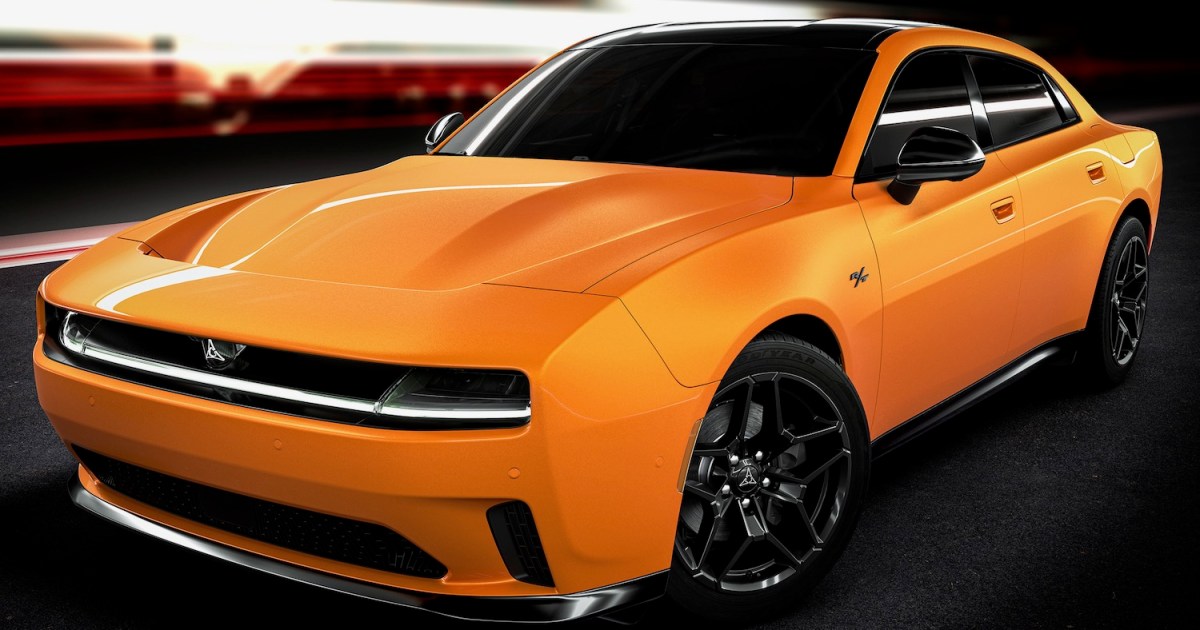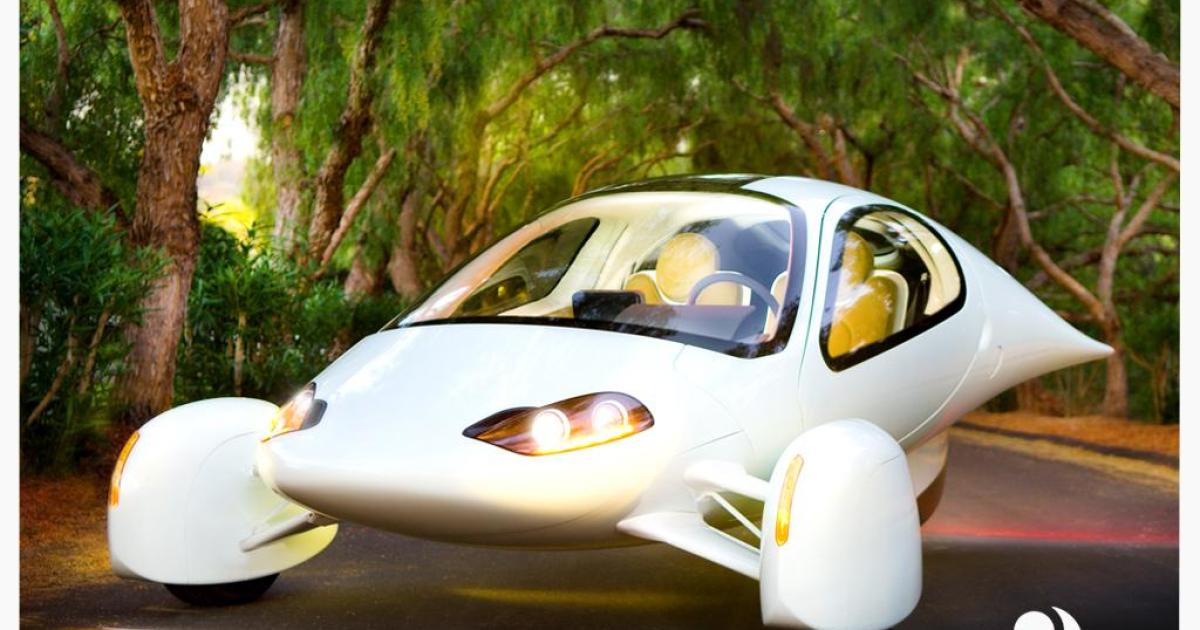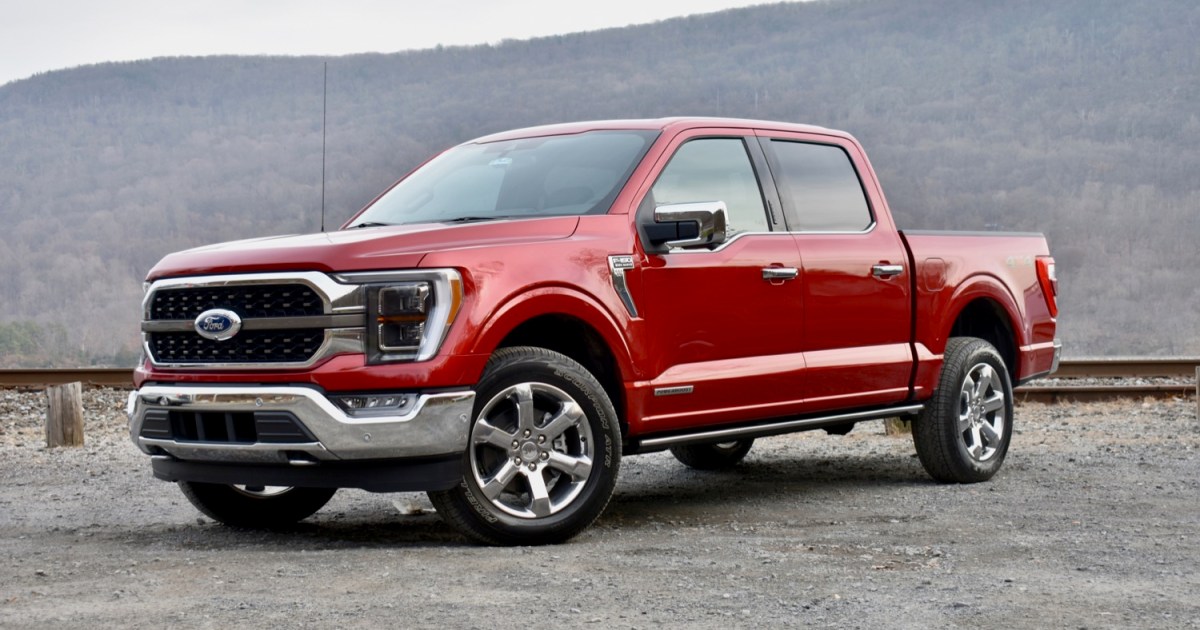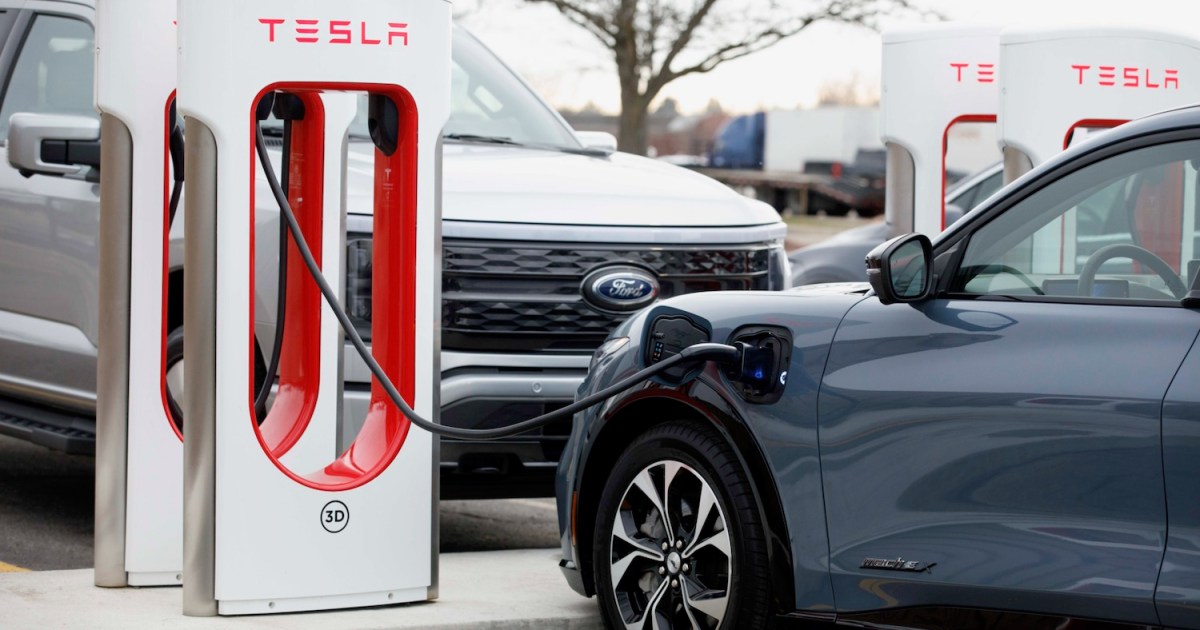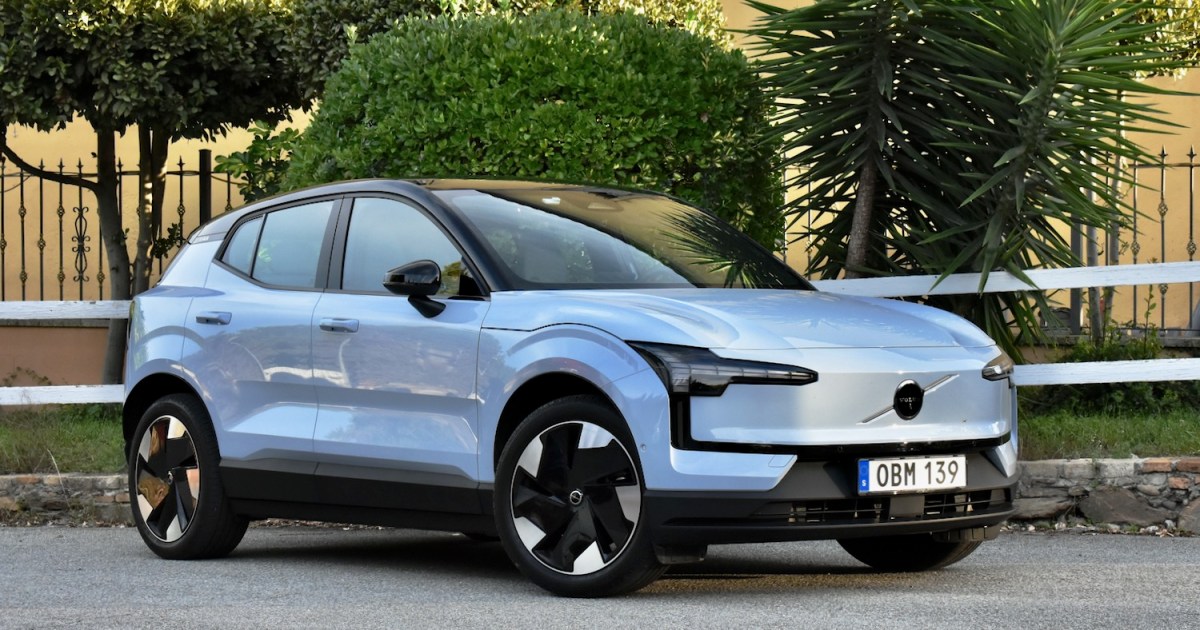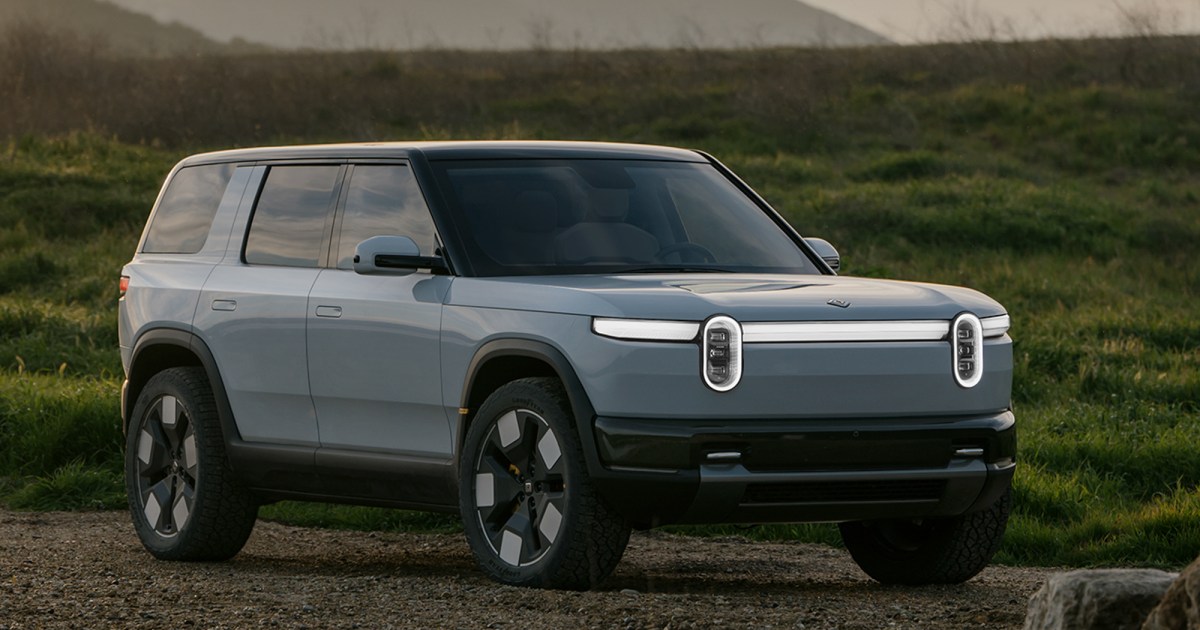The automotive industry is in a race to develop cheaper, more efficient, and safer electric vehicle (EV) batteries. Solid-state battery technology, a promising alternative to traditional lithium-ion batteries, is gaining significant traction. Stellantis, the world’s fourth-largest automaker, is the latest to join the fray, announcing plans to integrate this technology into its next generation of EVs.
Stellantis recently revealed its intention to launch a demonstration fleet of Dodge Charger Daytona EVs equipped with solid-state batteries developed by U.S. startup Factorial. This pilot program, scheduled for 2026, will provide real-world testing and evaluation of Factorial’s technology. Factorial has been collaborating with Stellantis since 2021 and also boasts partnerships with industry giants like Mercedes-Benz and Hyundai.
Beyond the Dodge Charger Daytona, Stellantis plans to implement solid-state batteries across its STLA Large multi-energy platform, encompassing brands like Jeep, Chrysler, Alfa Romeo, and Maserati. Stellantis anticipates that this integration will lead to enhanced performance, extended driving ranges, and faster charging times in the near future. Factorial claims its technology offers higher energy density, reduced weight, improved performance, and the potential for significant cost reductions over time.
Stellantis, Daimler, and Hyundai are not alone in their pursuit of solid-state battery technology. Toyota, the world’s largest automaker, has made substantial investments in this area, even forming a coalition with Nissan and Panasonic to bolster production in Japan.
Currently, manufacturing solid-state batteries remains a costly undertaking. However, initiatives like Stellantis’ demonstration fleet and large-scale production efforts by companies like Factorial are expected to streamline manufacturing processes and drive down costs. Other automakers are exploring different avenues to enhance lithium-ion batteries. Volkswagen, for instance, is developing its own unified battery cell in several European plants and one in Ontario, Canada.
The move towards solid-state batteries marks a crucial step in the evolution of EVs. As automakers strive to overcome the limitations of current battery technology, solid-state batteries offer a compelling path toward safer, more efficient, and ultimately more affordable electric vehicles.



